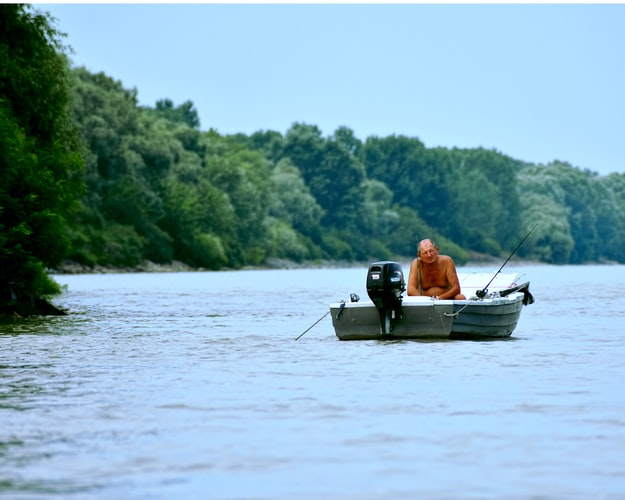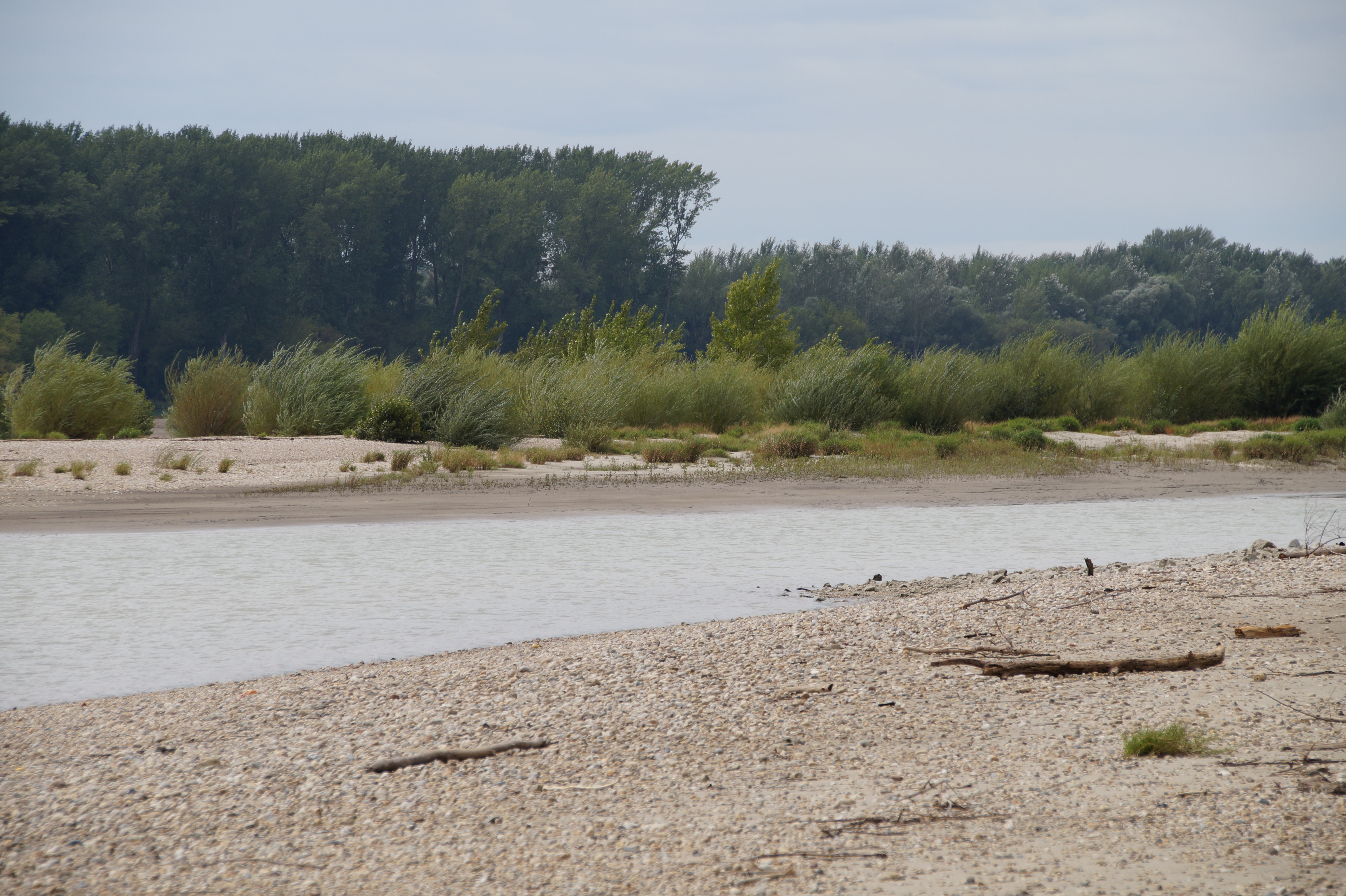IDES - Human benefit from healthy ecosystems
13-11-2020
The basic idea behind the ecosystem service approach is connecting the needs of humans with nature, both mutually influence each other. Human activities have a direct or indirect impact on nature. Conversely, natural events can affect society and intact ecosystems serve human well-being. Thus, so called ecosystem services (ES) bring direct or indirect benefit to people.
The aim of the ES approach is to illustrate these economic, health or even psychological benefits and values of ecosystems to society and thus to raise the awareness of the need of healthy ecosystems and to foster sustainable management.
Using the ecosystem service approach, trade-offs and even more synergies between different sectoral uses can be identified. ES can help to mediate between different stakeholders. In addition, they are a good tool to present the impact of management measures on the ecosystem and on its benefits holistically.
Three types of Ecosystem Services
Ecosystem services were distinguished in three different types: regulating, provisioning and cultural services. Provisioning services provide people with products of the nature like food, drinking water, fodder and raw materials like wood. Extreme water regulation, climate regulation, carbon fixation or the maintaining of lifecycle are regulating services. Services that have symbolic, cultural, aesthetic or intellectual value are considered as cultural services, e.g. recreation in the landscape and in/on the water or educational activities.
 Provisioning ESS
Provisioning ESS
● agricultural product (all plant foods produced by agricultural cultivation)
● water (for drinking or irrigation)
● wood (for heating or creating wood products)
● fish or fish products offered for sale
 Regulating ESS
Regulating ESS
● local climate regulation
● air purification
● flood retention
● nutrient retention
 Cultural ESS
Cultural ESS
● recreational activity (hiking, cycling, jogging, birdwatching)
● water related activity (swimming, canoeing)
● tourism
● educational activities
